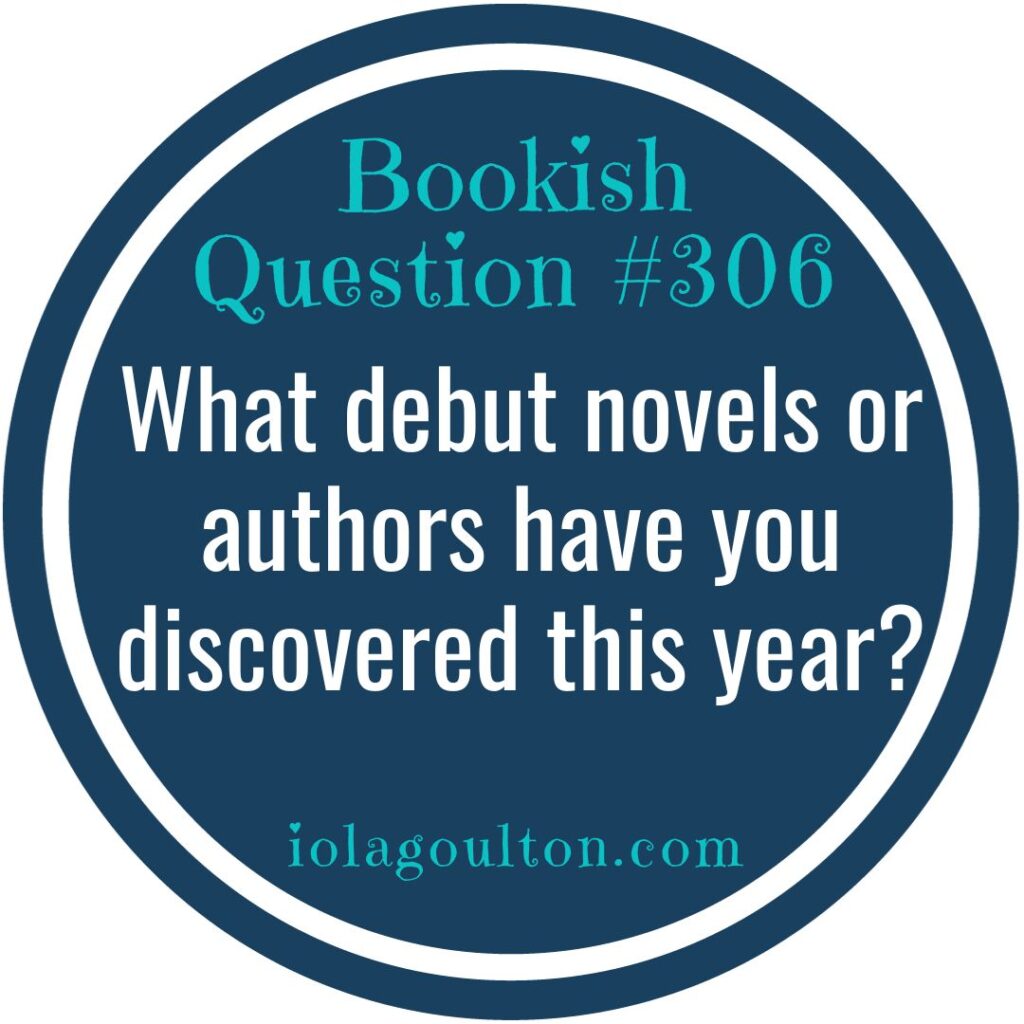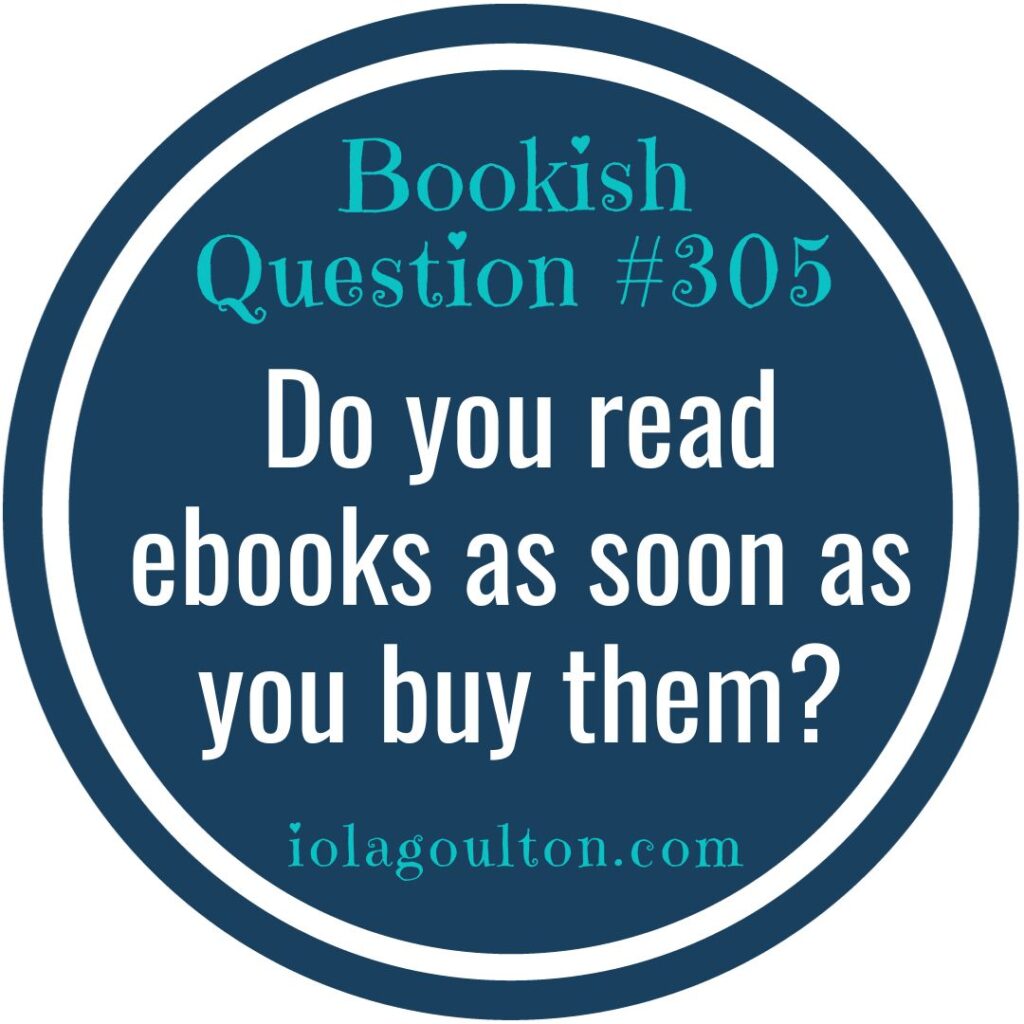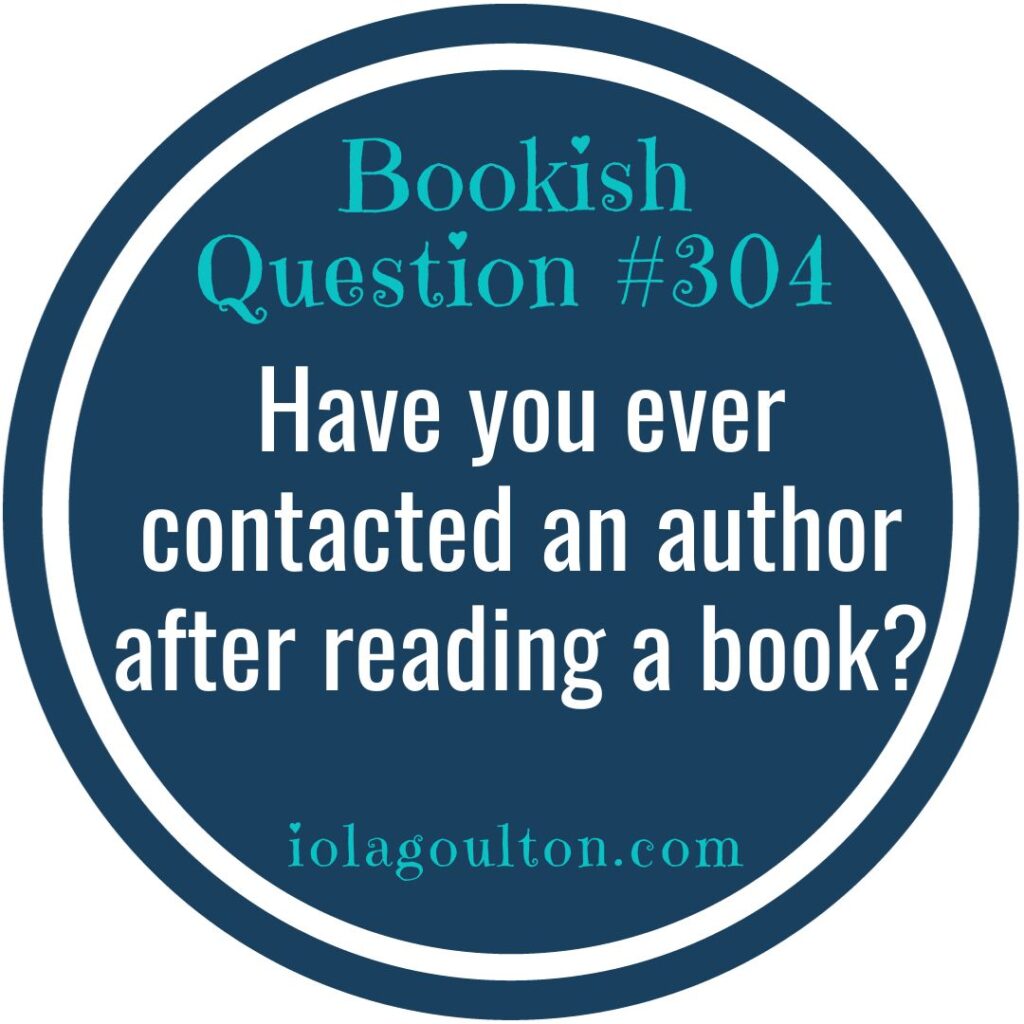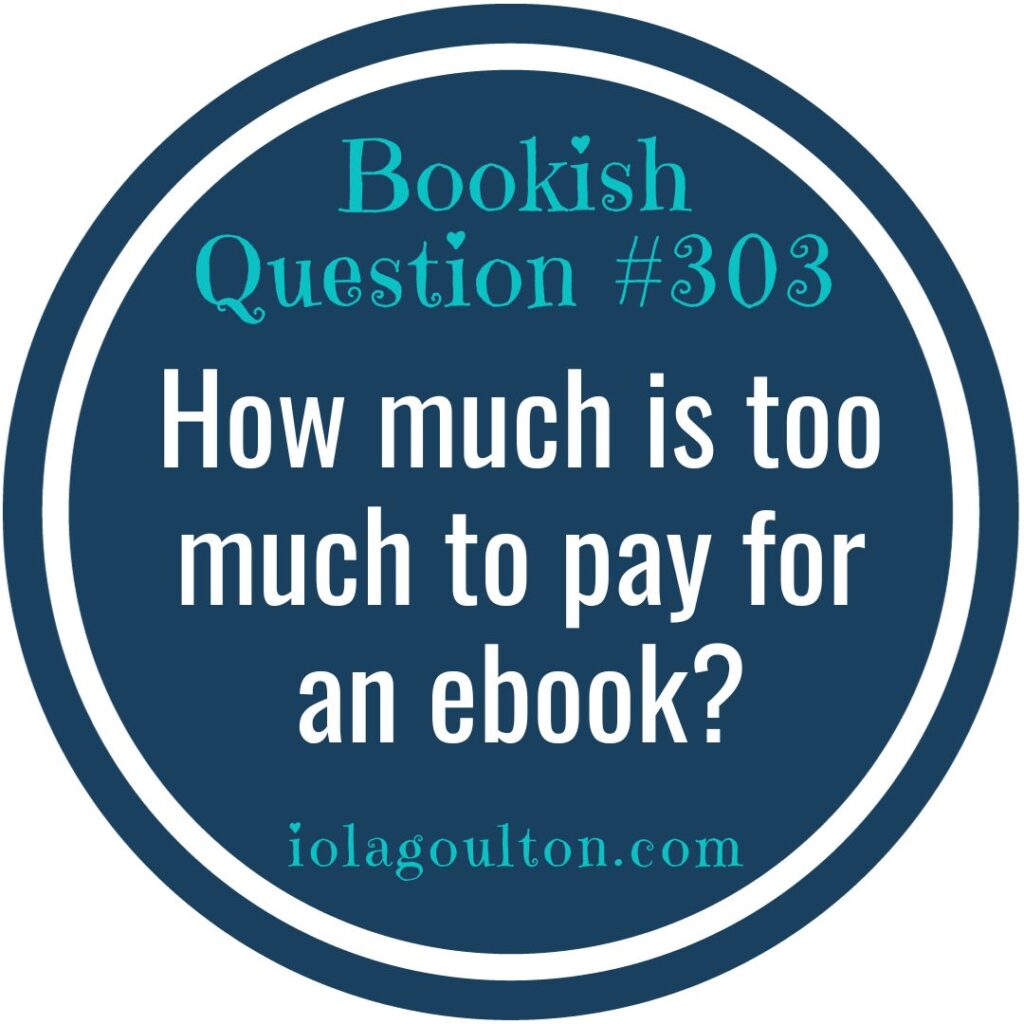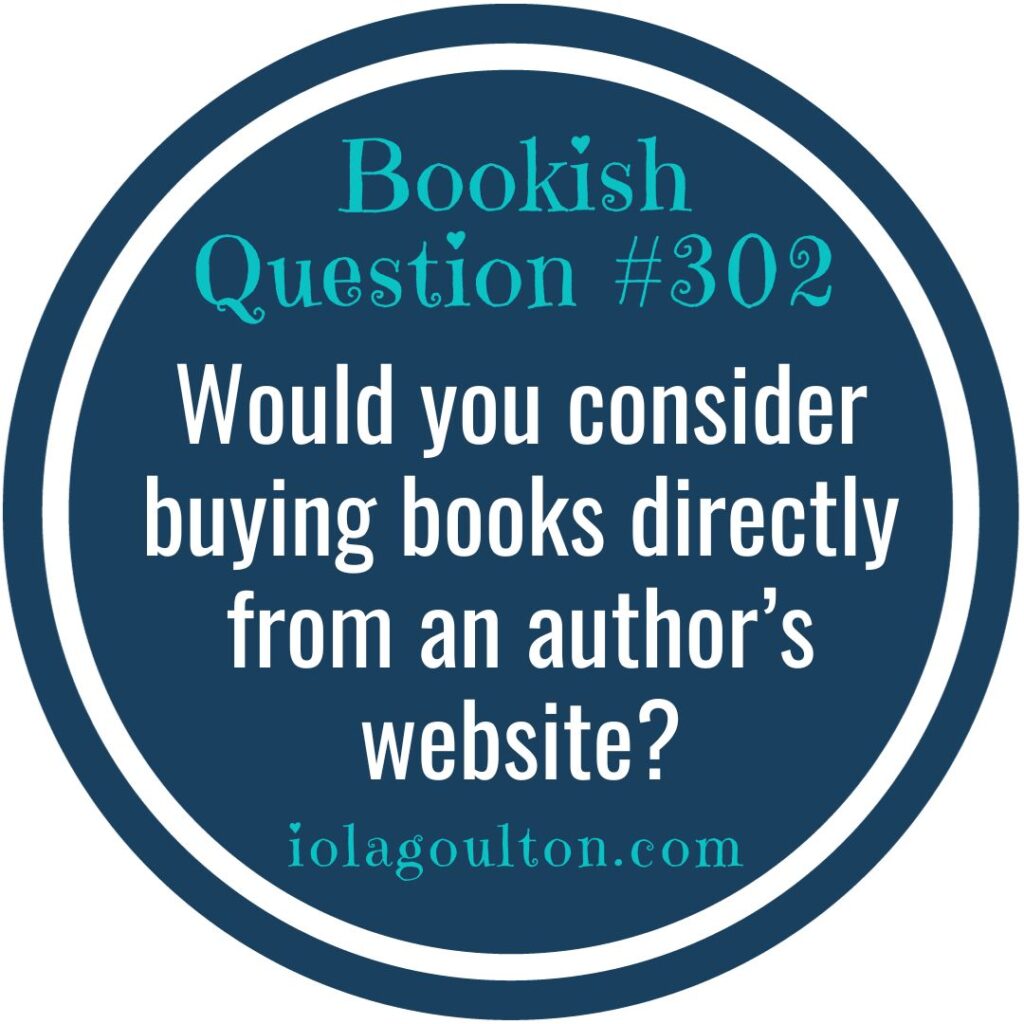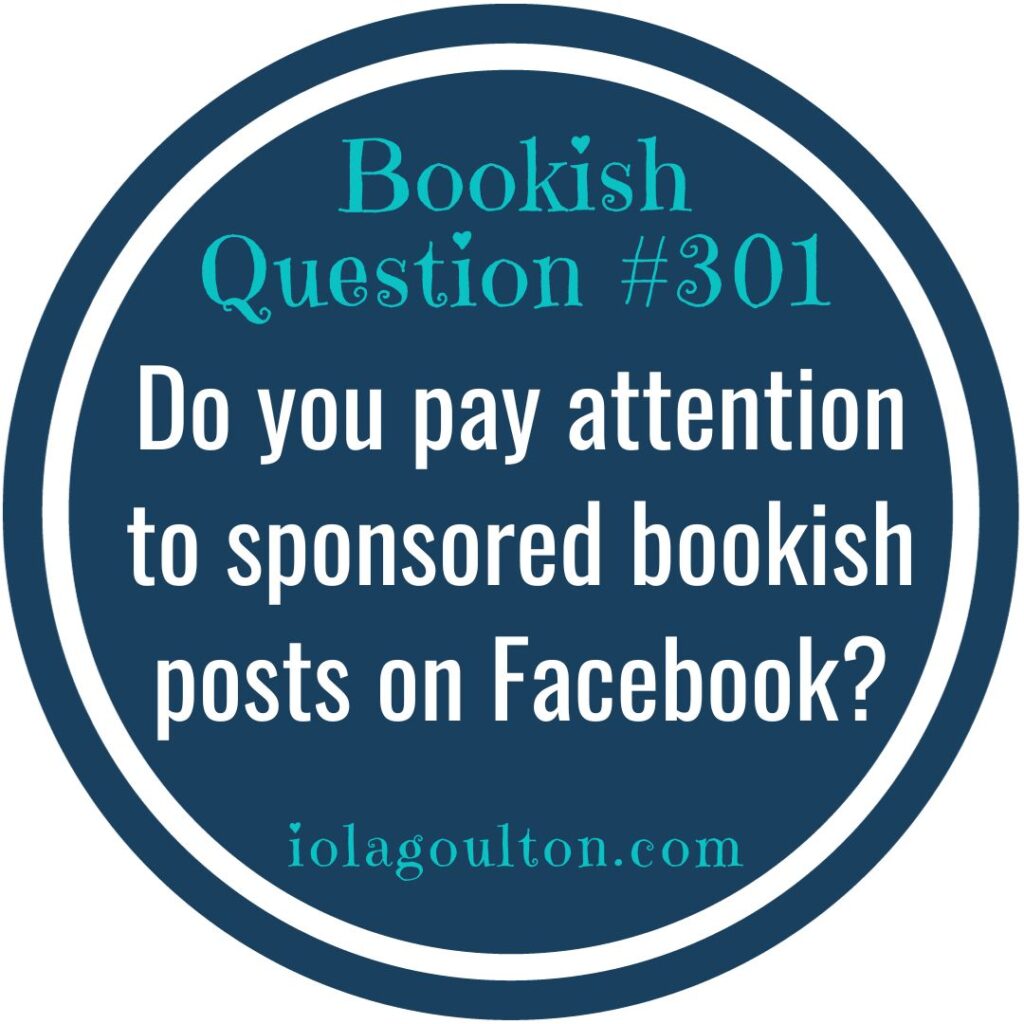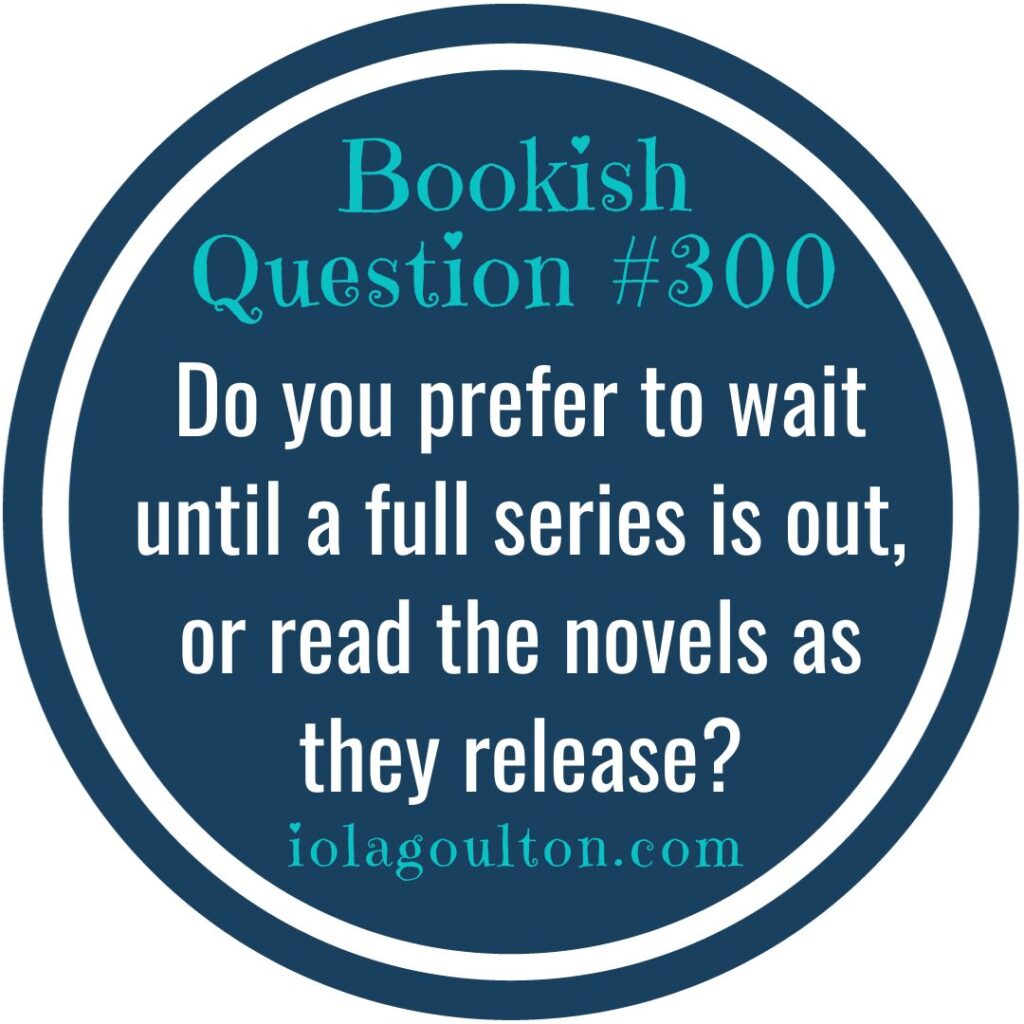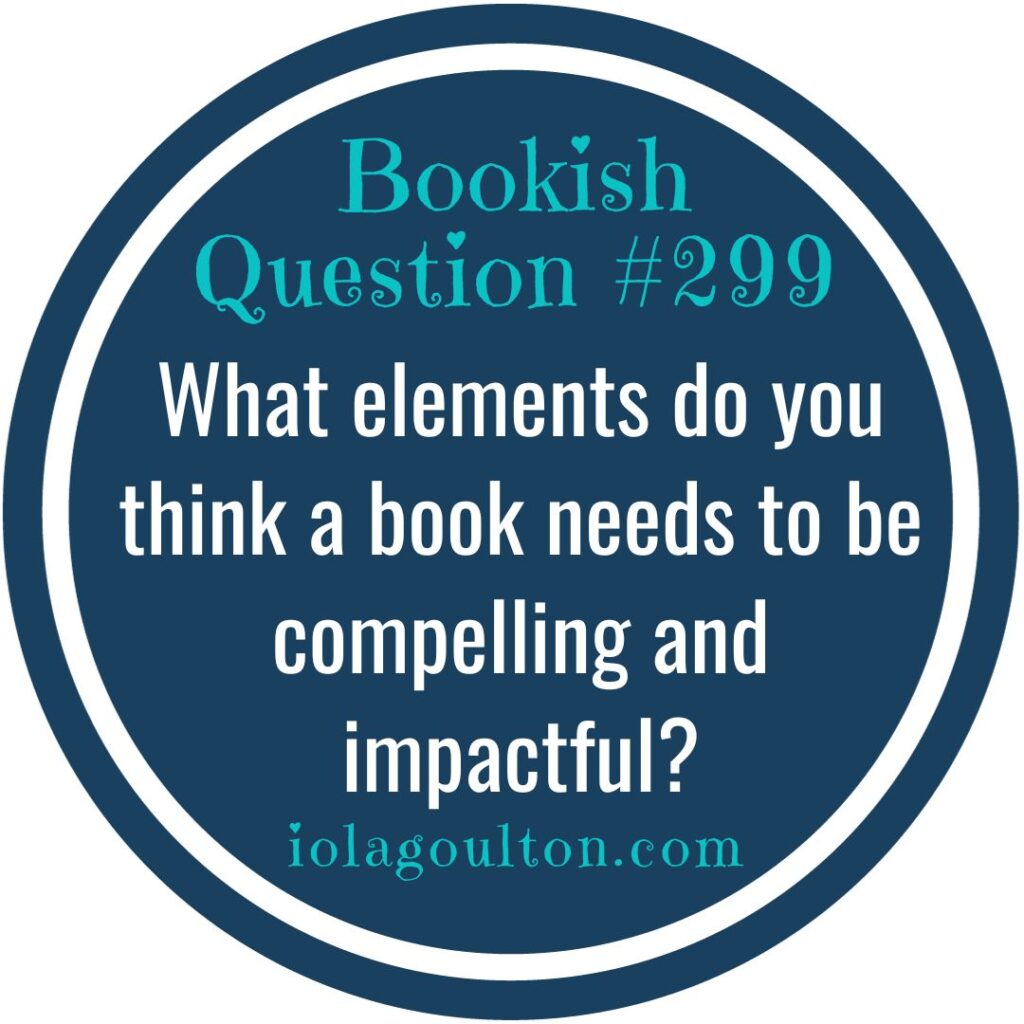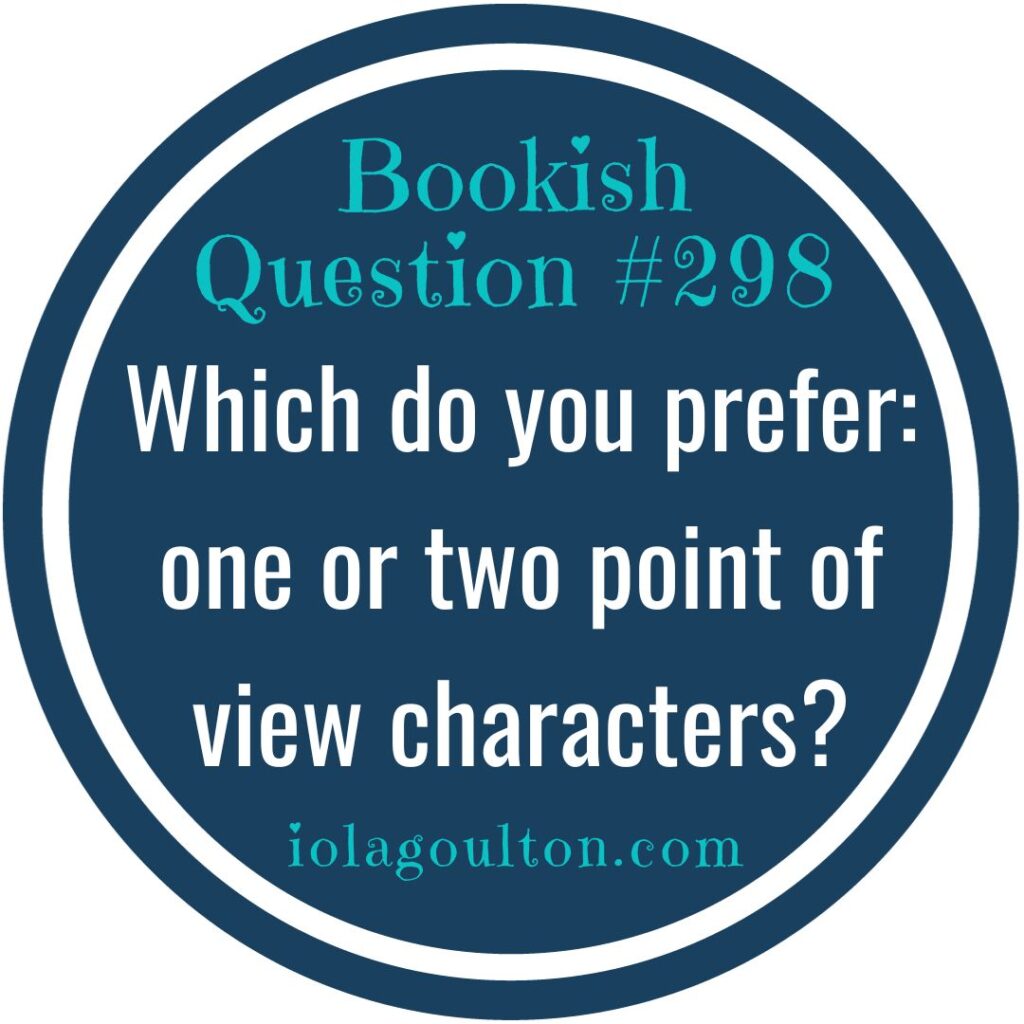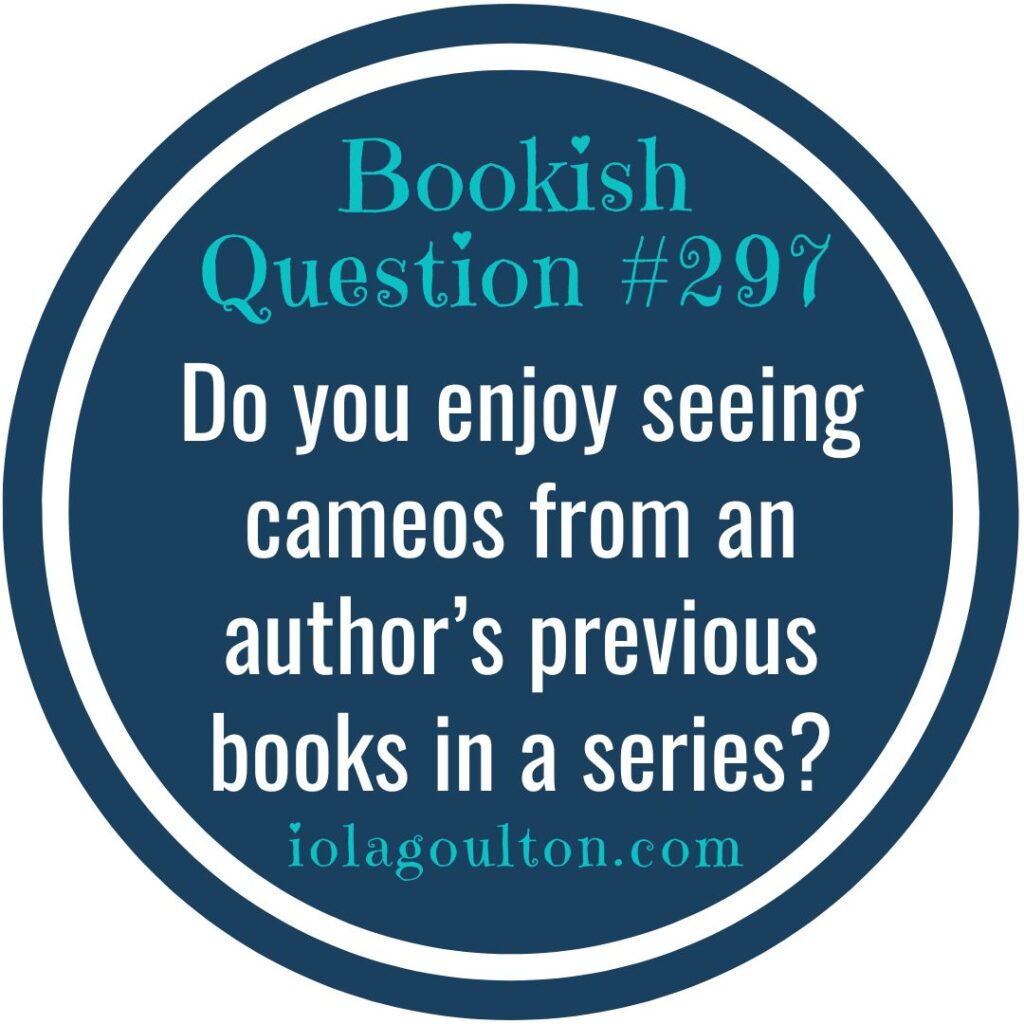There are two kinds of debut novels–the debut novels that just released (like mine, Always By My Side), and the debut novels from favourite authors that I read years after release.
I’ll share a couple of favourites from both categories: I’ve read and enjoyed all of Janet W Ferguson’s Coastal Hearts novels. I love the location, and I love the way Janet writes about broken people coming to faith in a natural and organic way. But I’d never read her first series, Southern Sweethearts. I just finished Leaving Oxford, and it was brilliant (possibly even more brilliant because I accidentally read the second book in the series first, Going Up South).
I also discovered Emily Botrous, and read my way through her Scripted Love series, starting with With Love, Melody. This was a fun series with a unique twist: couple found love through the written word.
The best debut novel I read this year was The Upwelling by Australian author Lystra Rose was brilliant. It was difficult to read at times (it’s a real good-vs-evil story, so parts of the story are had to read). The Upwelling has been shortlisted for and/or won several prestigious Australian book awards, and each nomination is well deserved.
Heart in the Clouds is by another Australian author, Jennifer Mistmorgan. It’s an excellent World War II story that reminded me of the challenges our grandparents faced during the war years, and helps explain some of their issues and idiosyncrasies.
I also enjoyed Julia Monroe Begins Again by Rebekah Millet is an excellent second-chance romance featuring an older couple.
I don’t know if I can claim to have “discovered” my own debut, Always By My Side, but I certainly discovered that yes, I can write and publish a novel.

